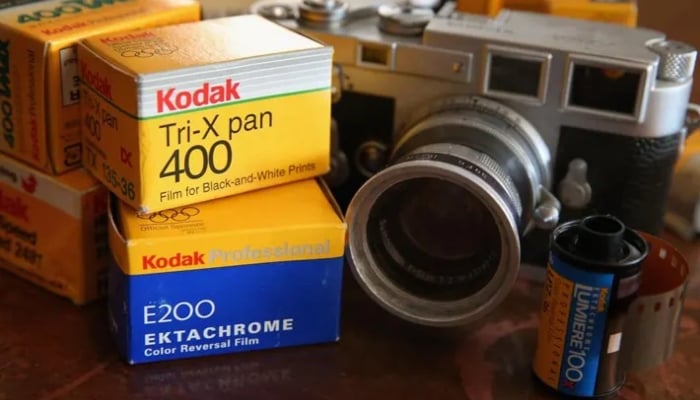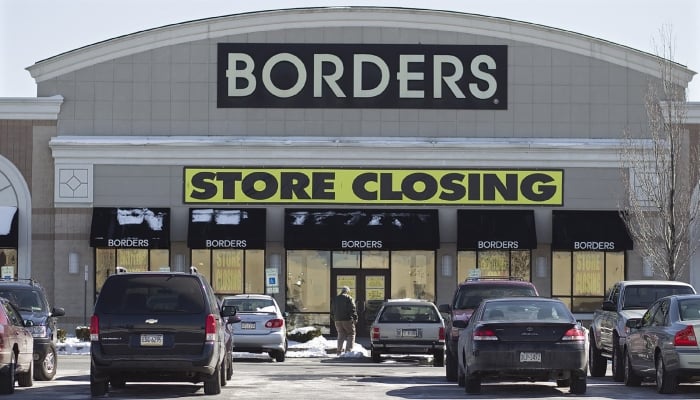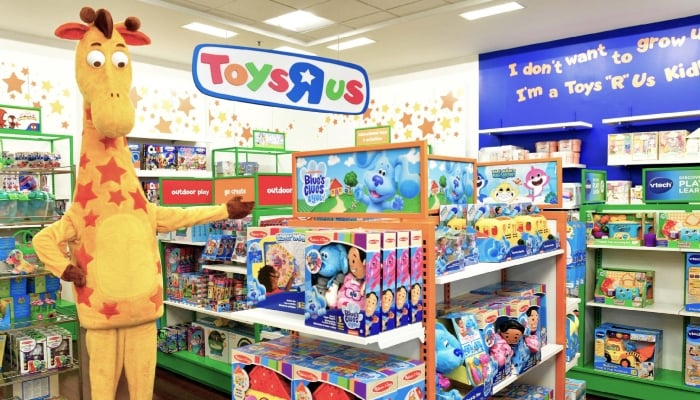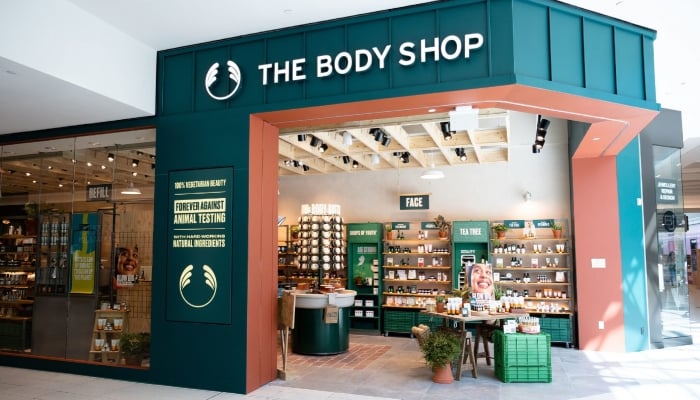
Several iconic stores and big brands have closed down in recent years due to multiple reasons, bringing a notable change in people's shopping habits.
The failure rate for businesses is huge, with around 20% of new ventures failing to take off in their first year and only half of them surviving to see their fifth anniversary.
Despite the fact that startup businesses have a high risk of failure, the recent situation – with a concerning economy, a global pandemic and conflicts, Brexit, high interest rates and natural disasters – has also put big companies at the red line as well.
Here are some renowned businesses that could not hold the torch for much longer and ended up closing for good.
BlackBerry

Once a go-to mobile phone around the world, BlackBerry faced an unexpected challenge: an incredible innovator, Steve Jobs, and his Apple iPhone.
The new touchscreen functionality and sleek design took over the industry. BlackBerry failed to compete effectively and evolve with advancement, which led the manufacturer to its own failure.
Once a market leader, its market share sank to 0.2% by 2016.
Kodak

Started in 1889, the photographic film company Kodak dominated the market for most of the 20th century. It is also credited for creating the first digital camera in 1975.
However, to protect their existing offerings – that were generating significant revenue – the company did not promote their more innovative products.
They missed the opportunities presented by the digital revolution entirely, and competitors such as Fuji and Canon reaped the benefits by creating new products using new technology. Kodak went bankrupt in 2012.
Borders

Borders opened its bookshops in the US in 1971, and it continued to grow, with around 400 stores and over 10,000 employees.
The bookstores' doors were forced to shut down due to Amazon. While e-commerce took over the market, the company decided to stay rigid in their business strategies, with all its focus on more physical stores.
Toys R Us

Toys R Us stood head and shoulders above the competition at the end of the 20th century. It was a hugely popular toy and baby goods retailer with stores in the US, UK, Australia, Europe and Asia.
It refused to join the e-commerce race and instead decided to sign a 10-year contract as the exclusive vendor of toys on Amazon in 2000.
However, Amazon allowed other toy vendors to sell on its site despite its exclusive deal with Toys R Us.
Toys R Us totally missed the opportunity to build its e-commerce offering. It also struggled to compete with other big retailers like Walmart and Target in the US. In 2017, they filed for bankruptcy.
The Body Shop

The beloved British beauty and skincare brand fell into administration in 2024.
Launched in 1976 by its passionate and inspiring founder, Anita Roddick, The Body Shop stood out from the crowd due to its principles.
It was cruelty-free and became a B-Corp organisation. Its mission and values were dismissed when it was sold to L'Oréal in 2006.
It was sold again, to private equity company Aurelius, losing its credibility; the brand could not continue like it used to.












